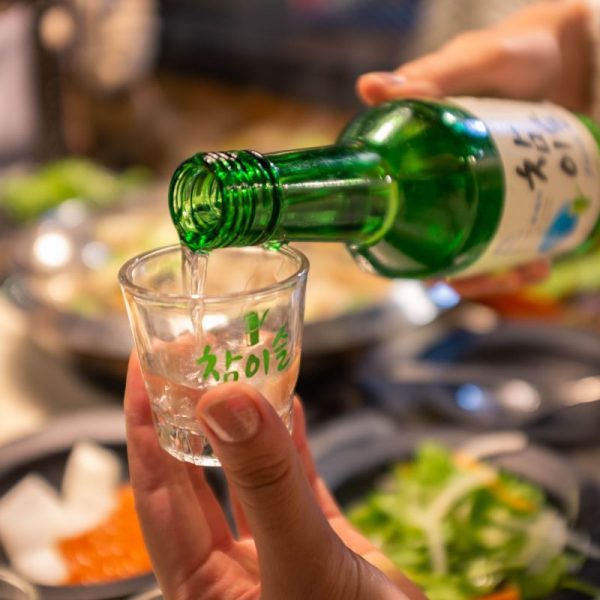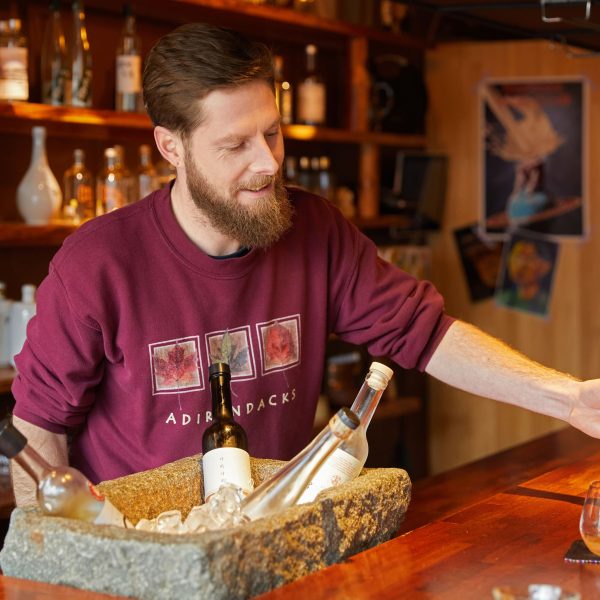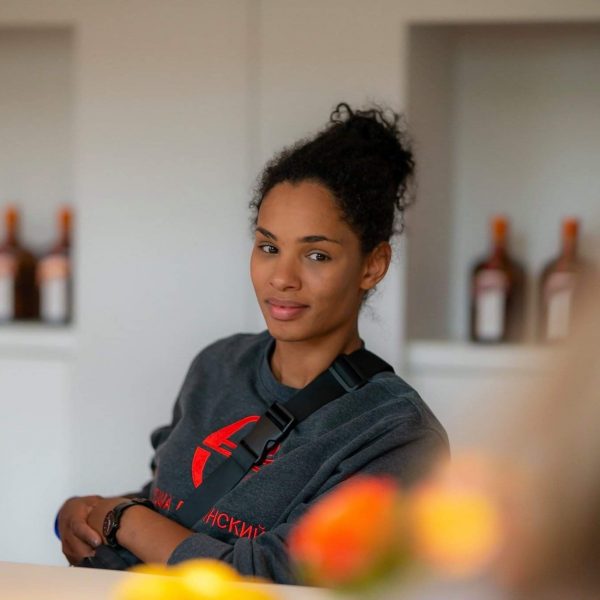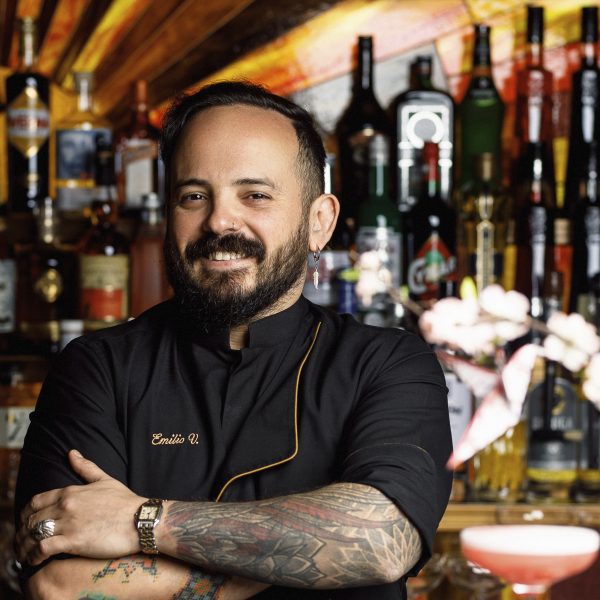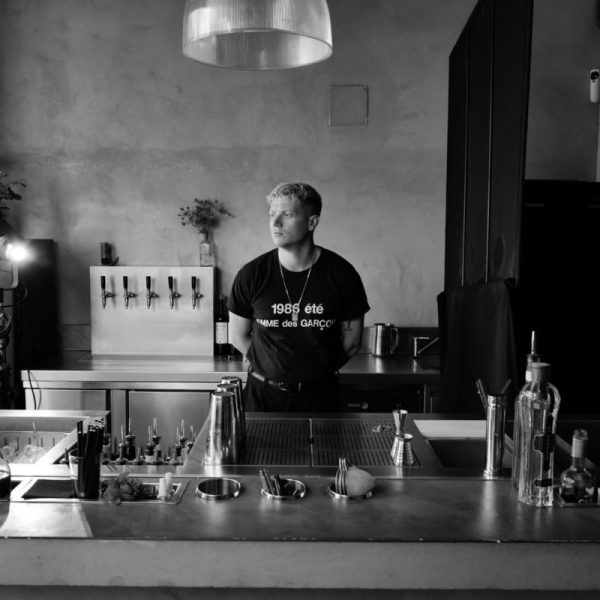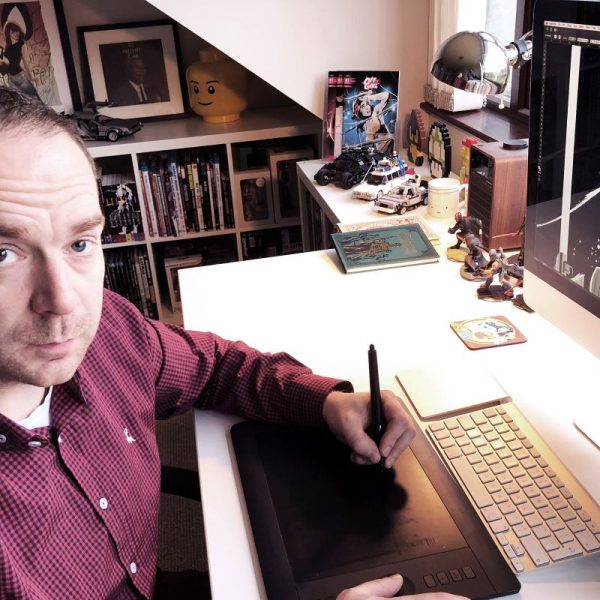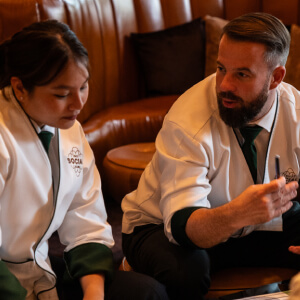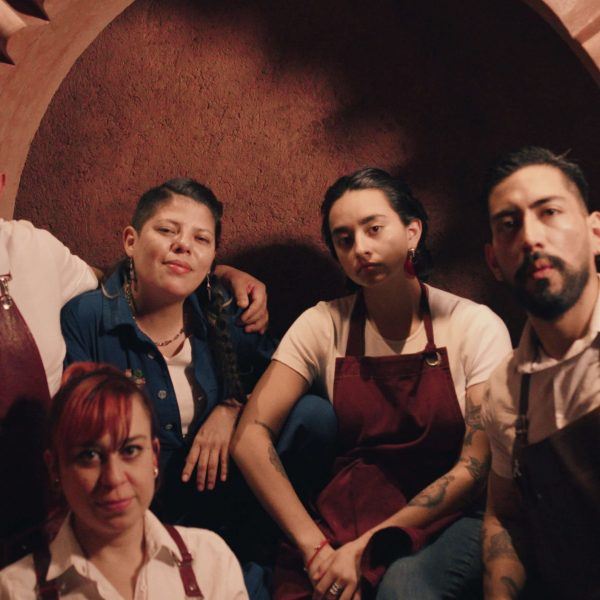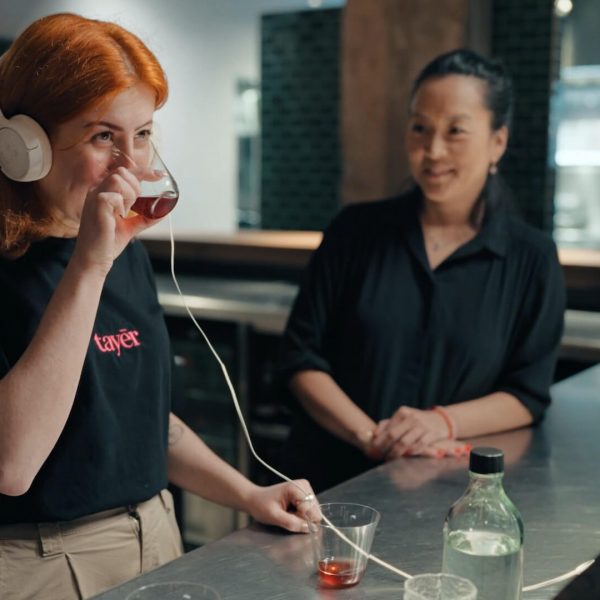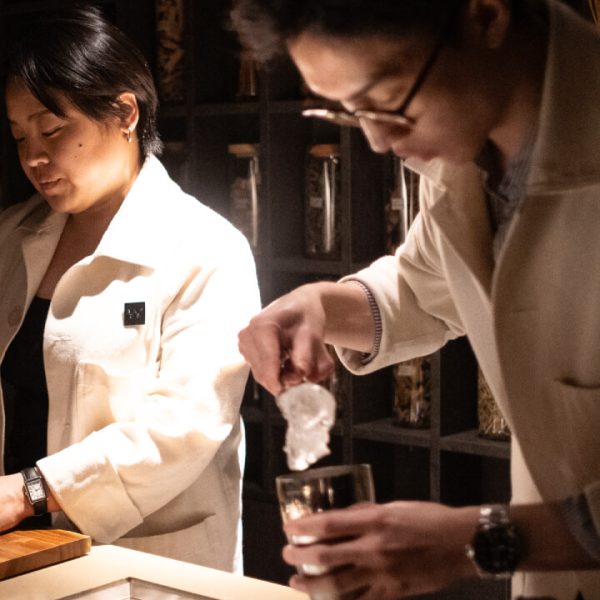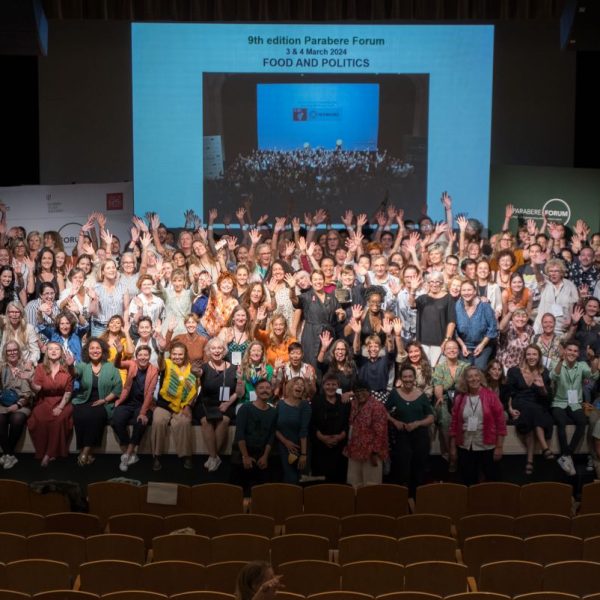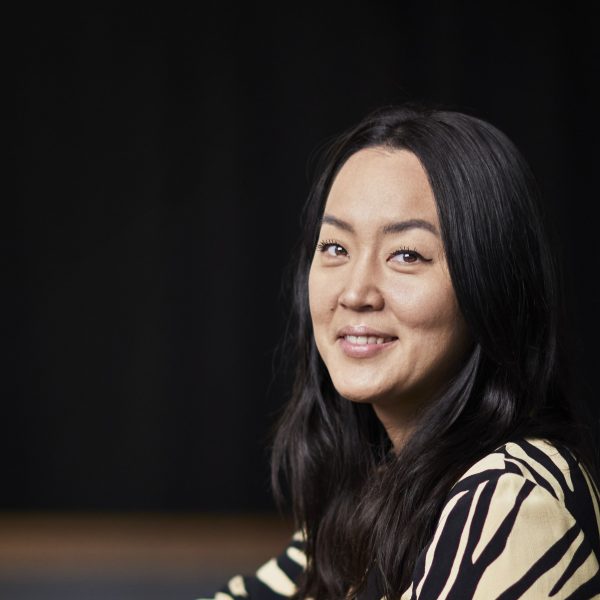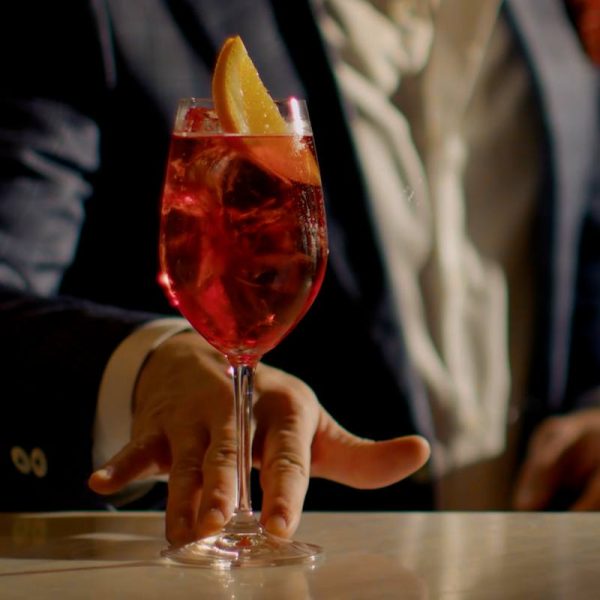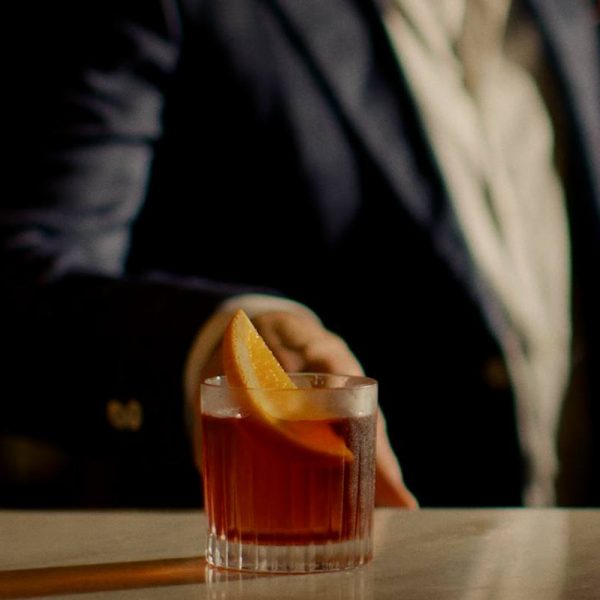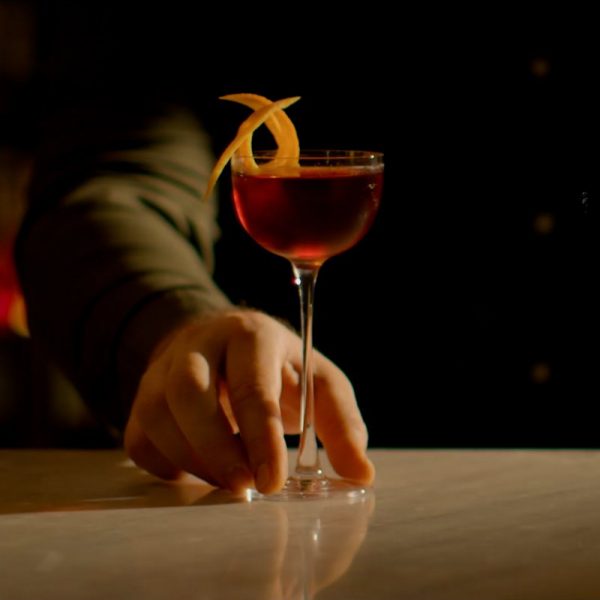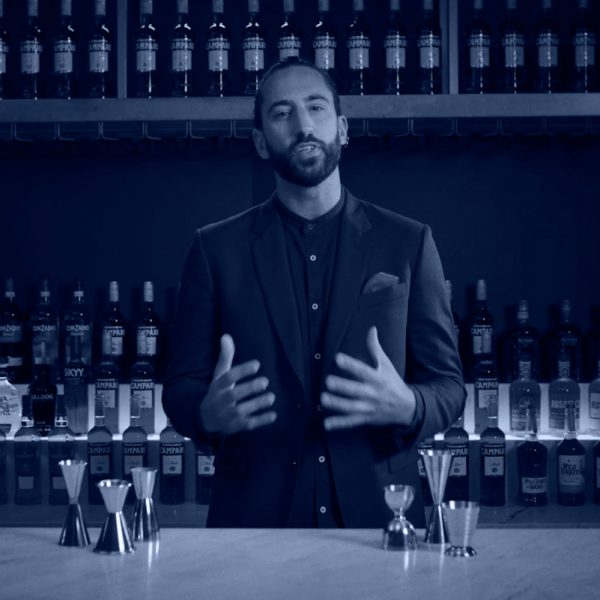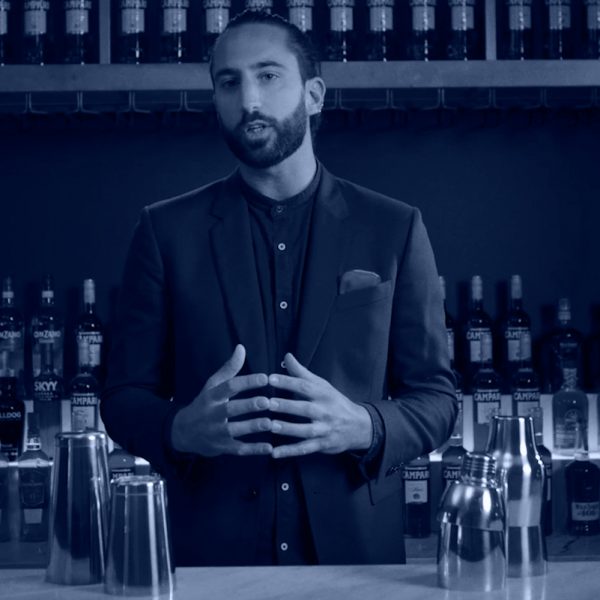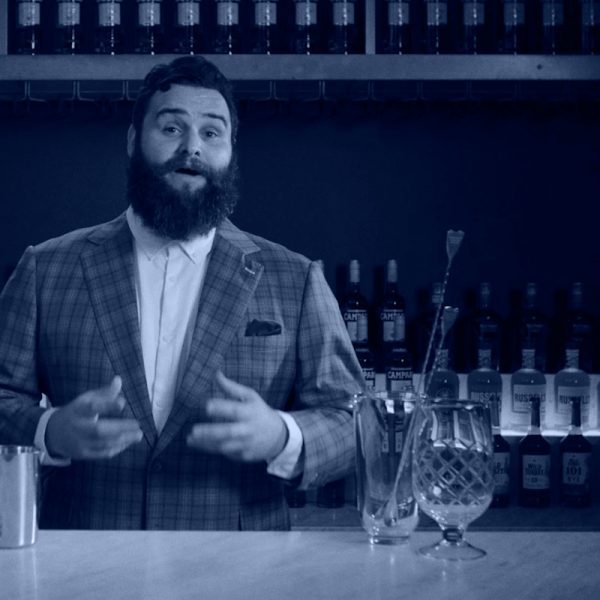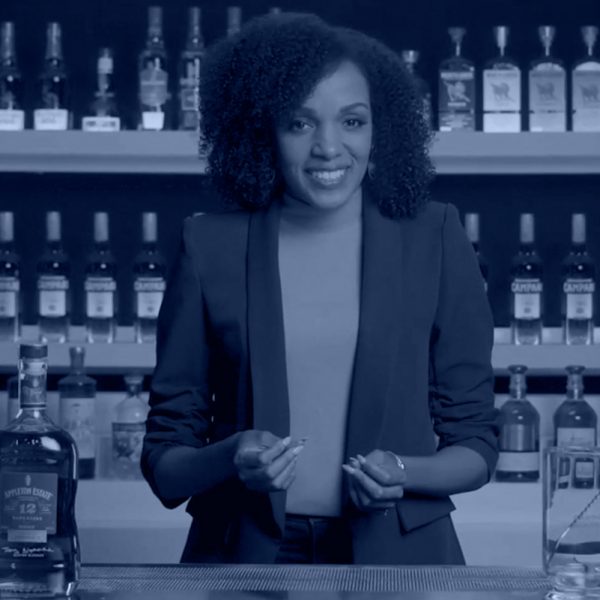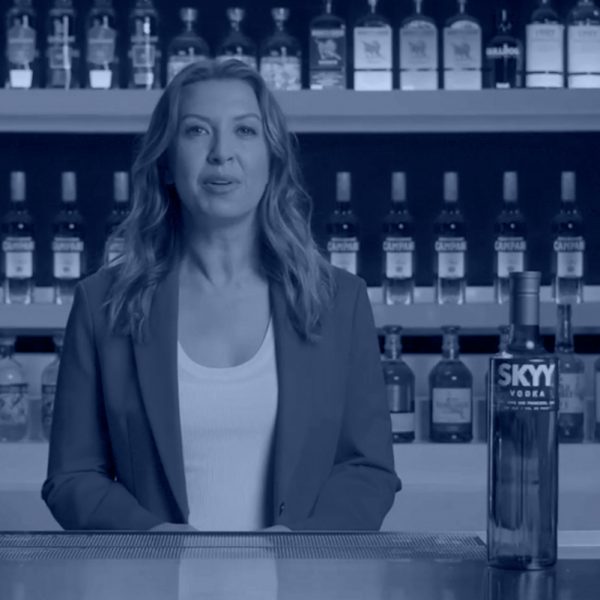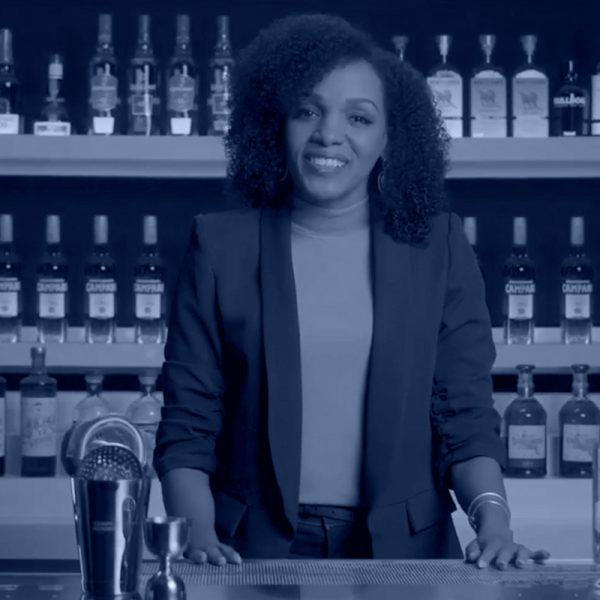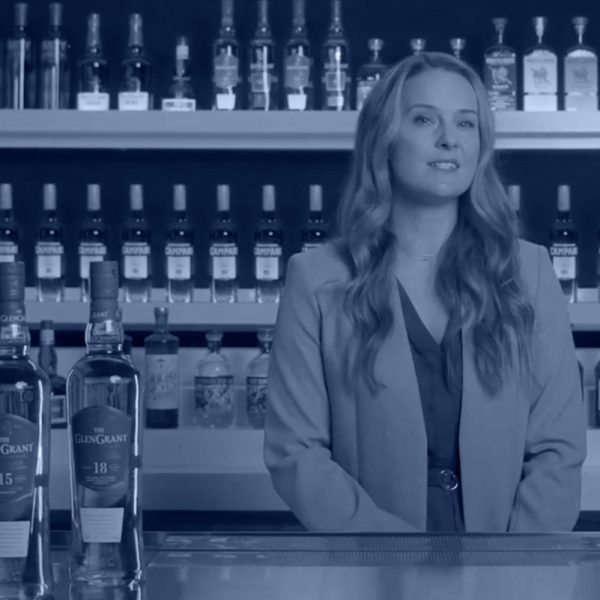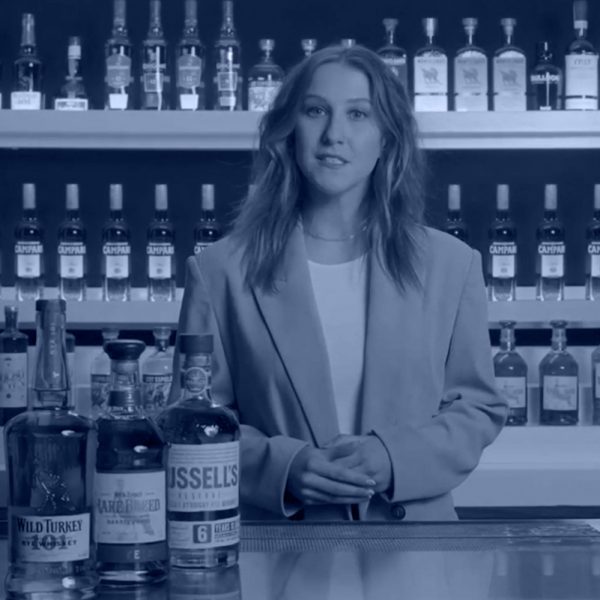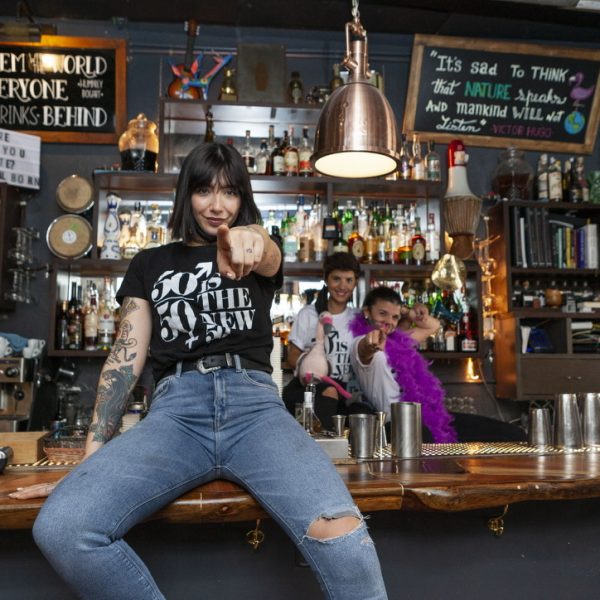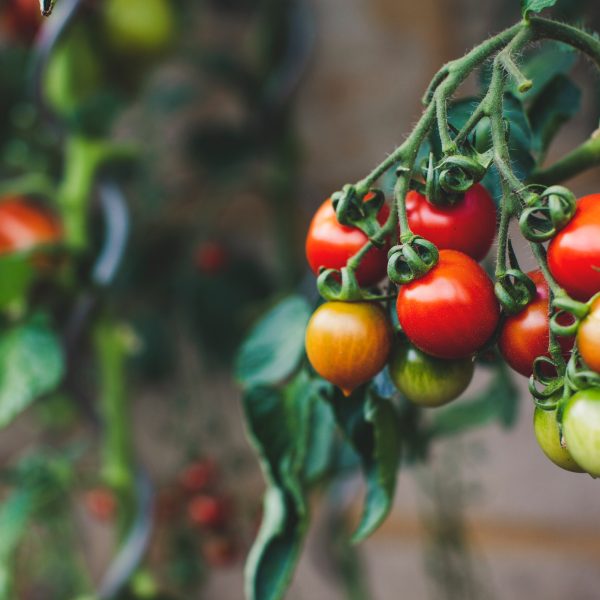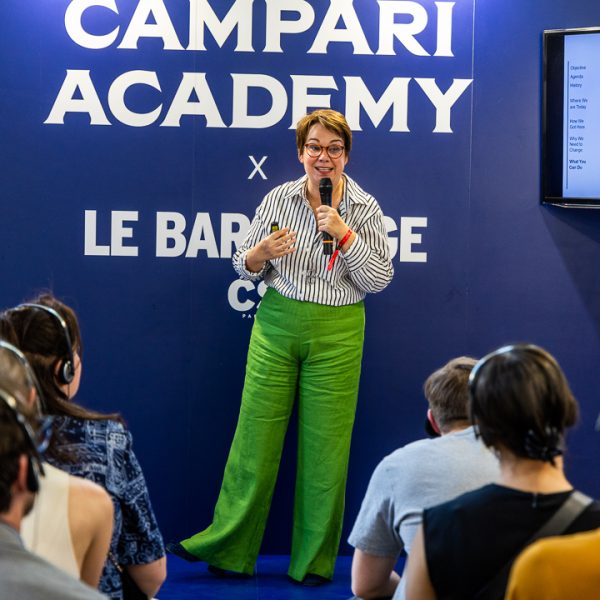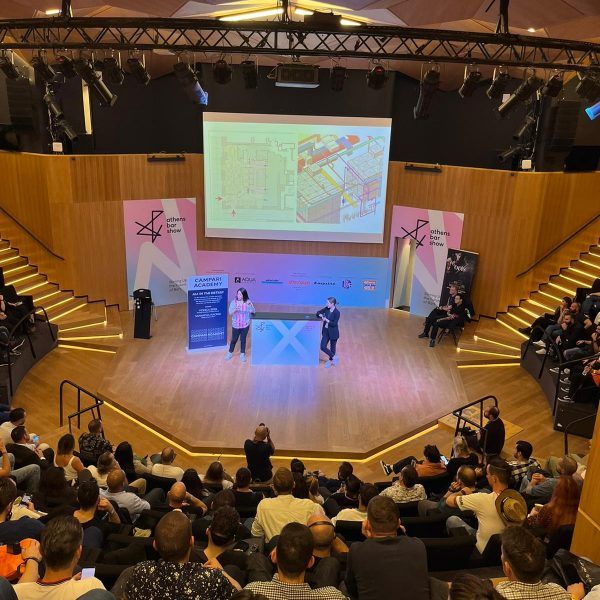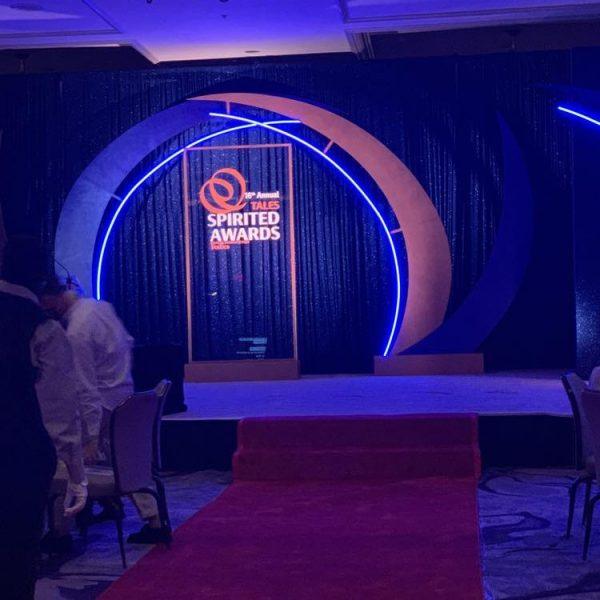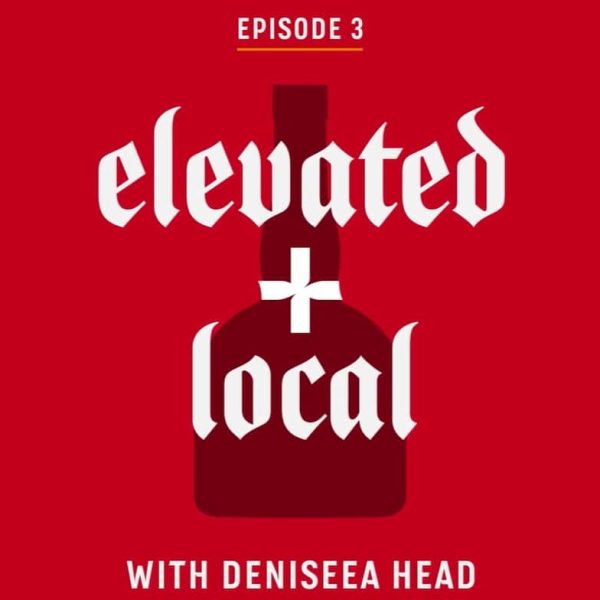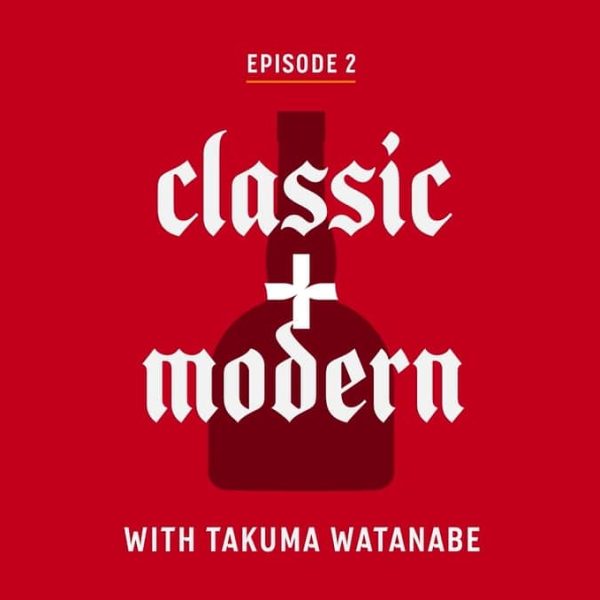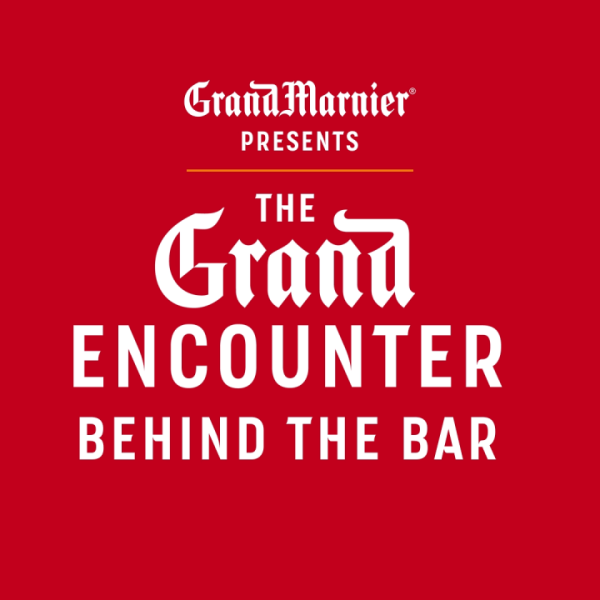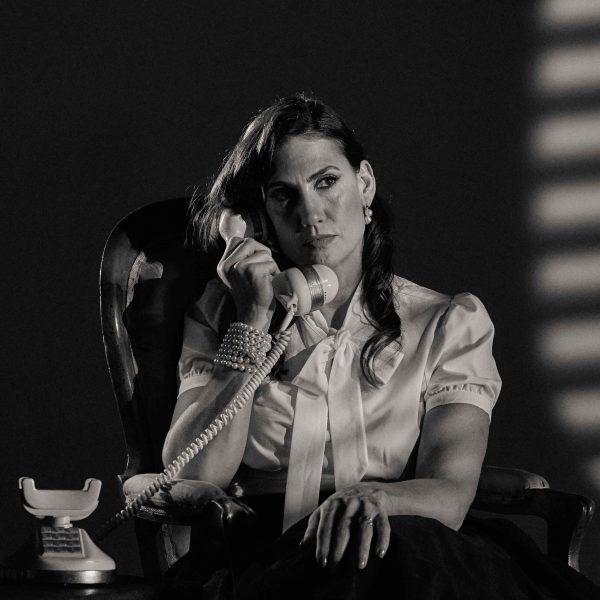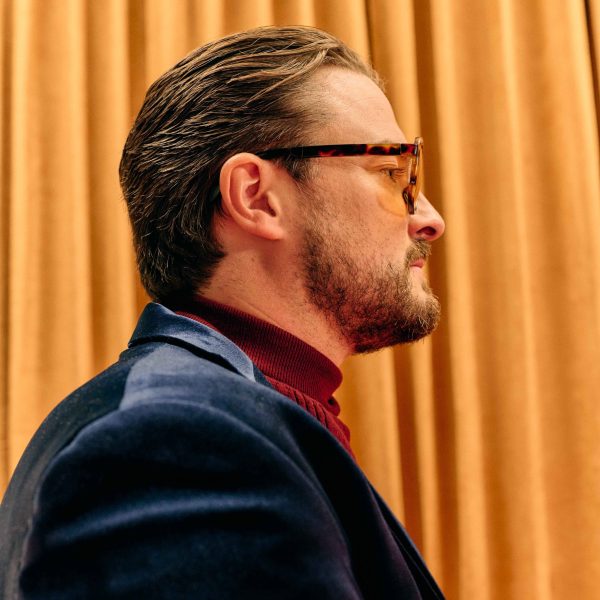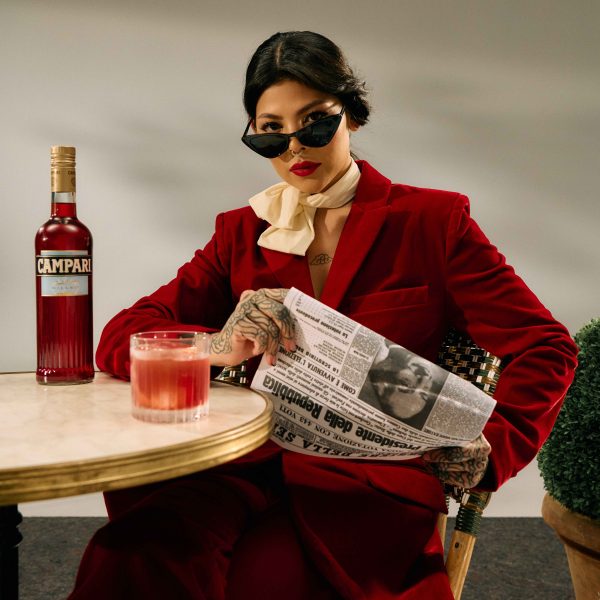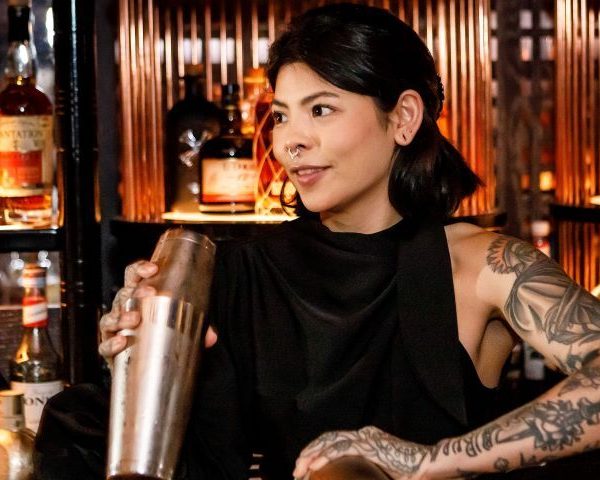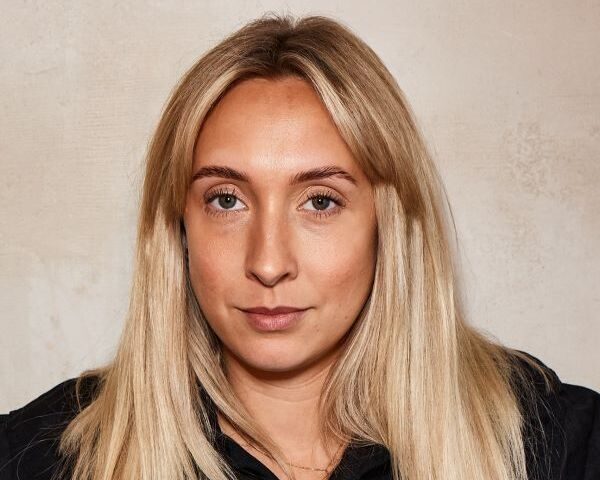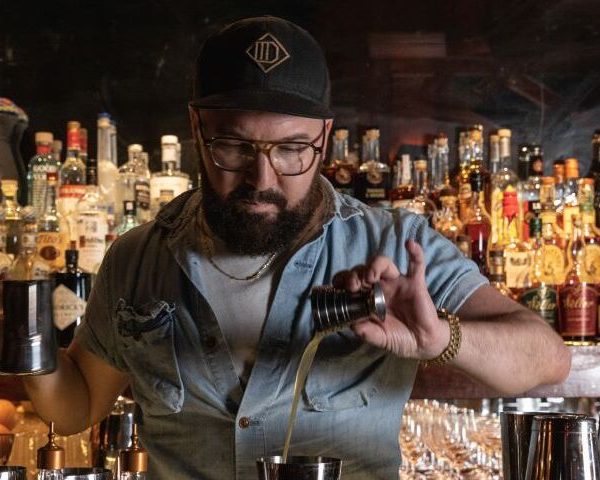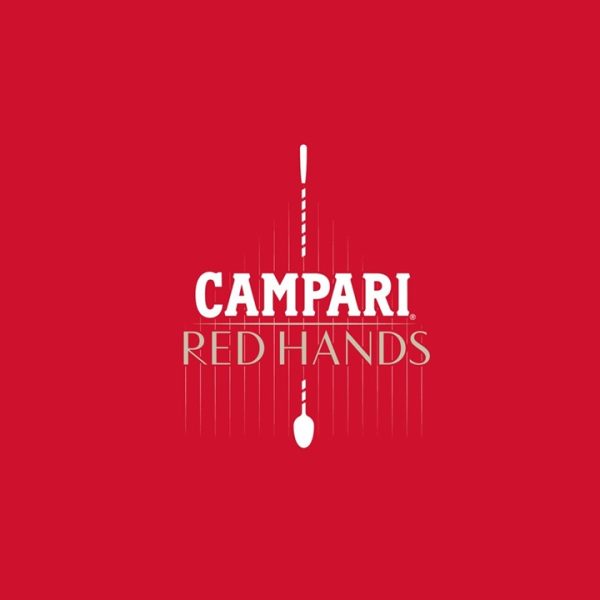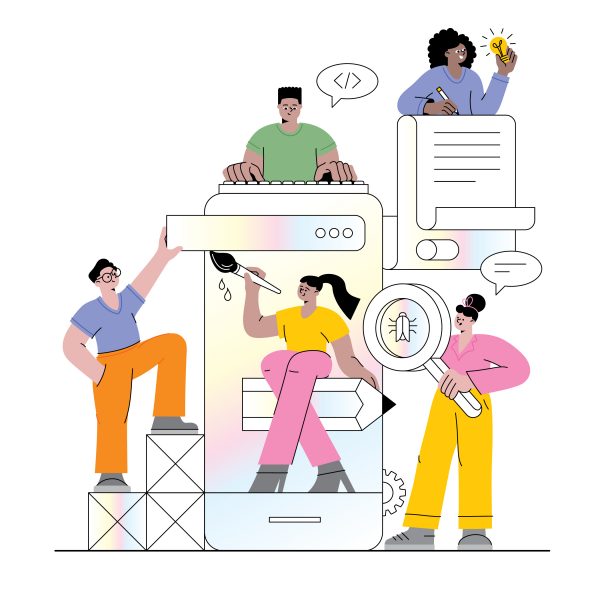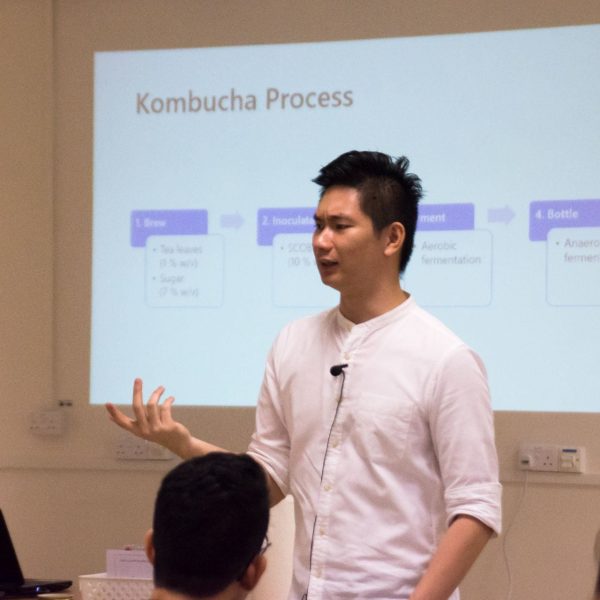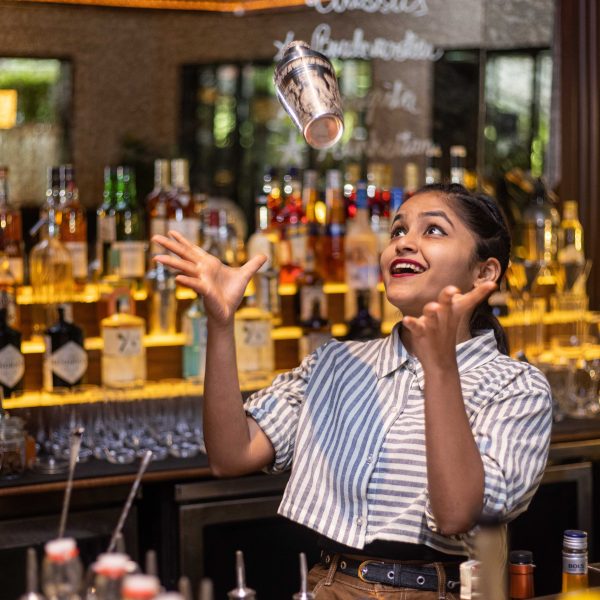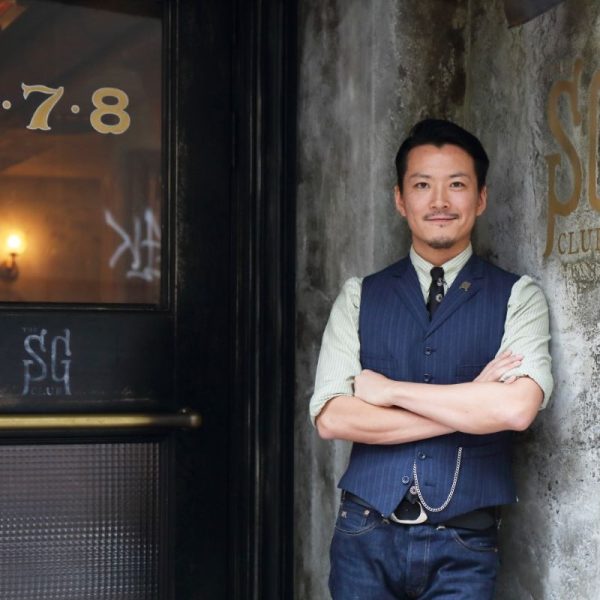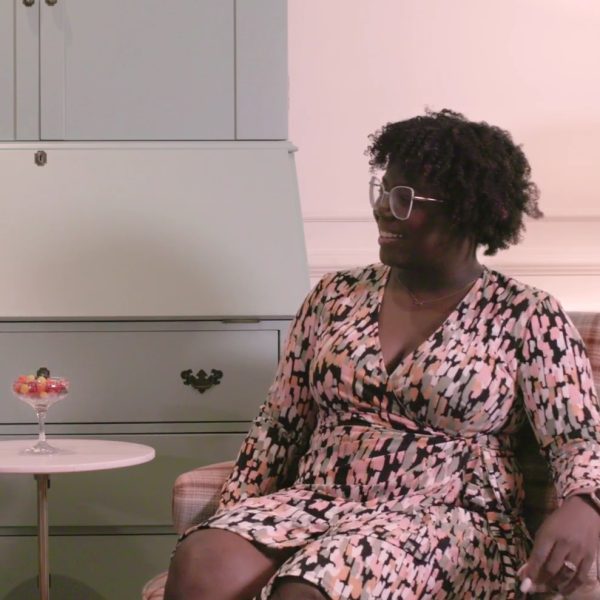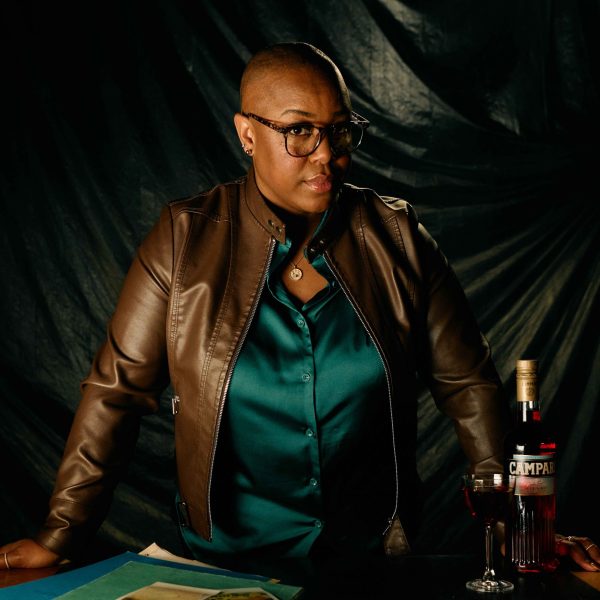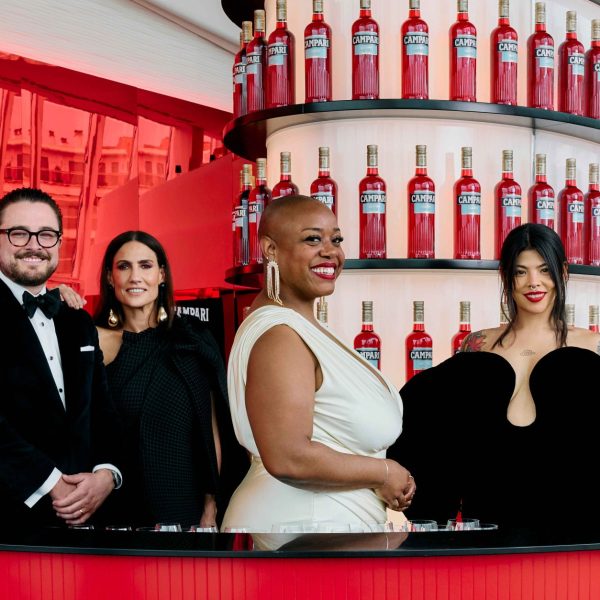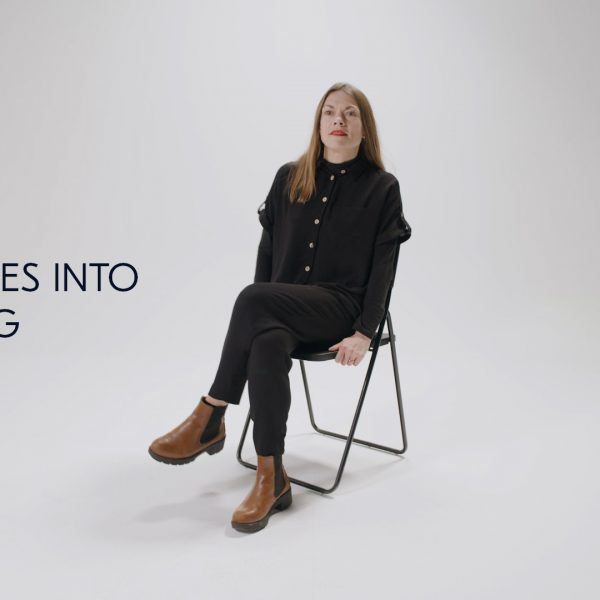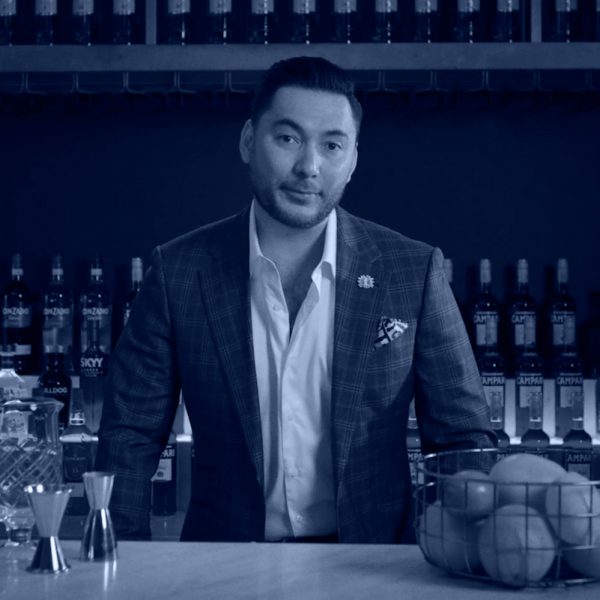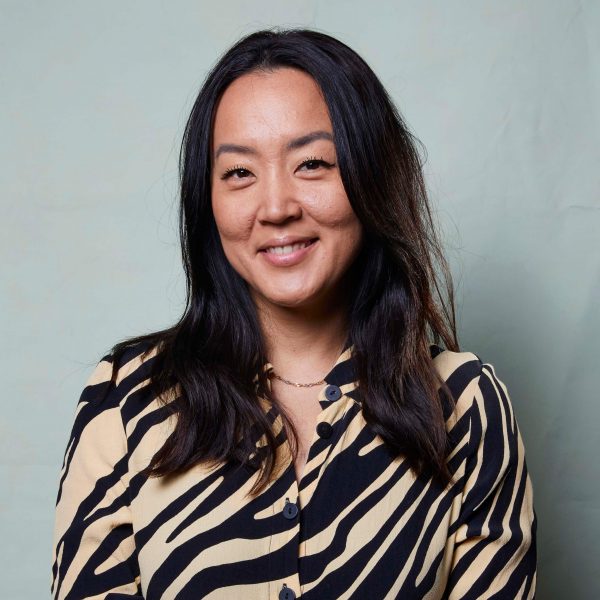Where do you start, when there is so much to say?
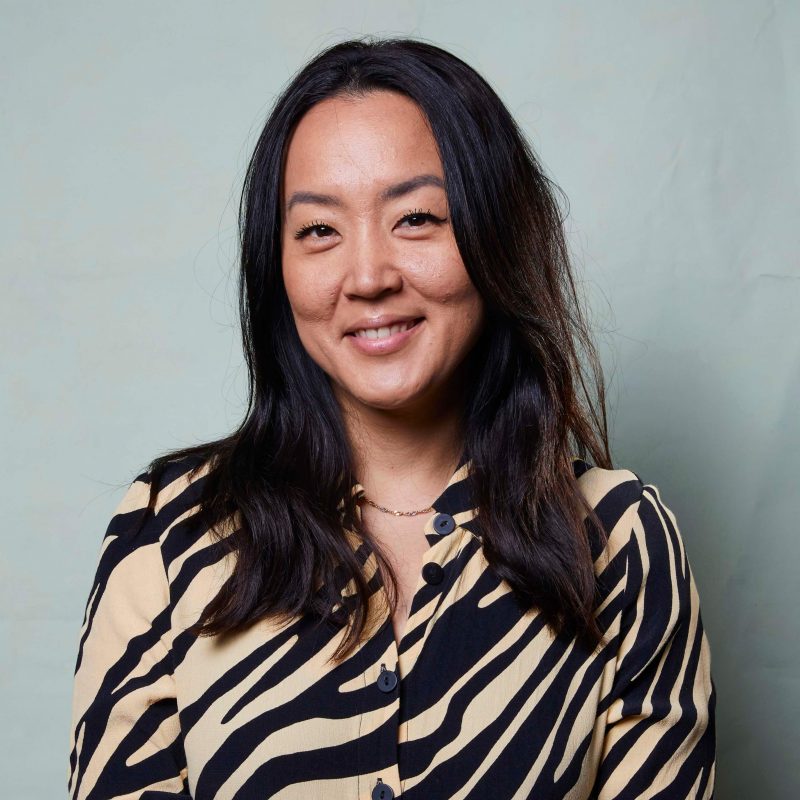
Before creativity and mixology, there is organization, methodology and order – let me explain why.
Arguably, teaching is a creative profession, and I believe, as bartenders we could excel in this field if we just put our minds to it. The reason why I sometimes find drinks education boring, to say the least, is because of the disconnect between what bartenders want to learn, and what people think we want to learn. Yes, we need to know how spirits are distilled or when to stir vs when to shake, but equally important is it to understand what your body language reveals about you, how better designed bars can improve your peak turnover performance or why seasonality is more than being able to read a calendar. Together, all of these and many more, make up the intricate nature of bartending – and proves it’s incredibly important to look outside of the industry to find inspiration. Doing so allows us to look at things from different perspectives, it allows us to develop as bartenders but also people – and will give us the tools we need to adapt the ever-evolving role of the modern bartender.
When I said yes to becoming the creative director of the Campari Academy, I had so many ideas and thoughts that I instantly had to take a step back and tell myself to calm down. To be honest, this is not an unusual thing, because at the core, I am a dreamer – but the fact that within a few days I was already discussing internally if I should model it after Hogwarts or Harvard might be a bit much. So instead, I started to ask around.
Through conversations with friends and colleagues, I started gathering topics, problems and ideas of what to explore – and it quickly became apparent that there was a need to find some sort of way to categorise or compartmentalise them, to give it more structure. The needs and wants of today’s bartenders are so diverse and varied, that in the beginning it felt a bit overwhelming to be trying to choose where to begin. Because how can you find something that resonates with everyone and is also relevant to everyone – well, the short answer is; you can’t, and it won’t. But you can create a system that makes it easier to look at the challenges from all levels; globally, locally and individually – and allow them to adapt to the needs of each.
I have always believed in systems and structure; despite it not always coming naturally to me, it is crucial when you want to create something that will exist beyond yourself. How many times have you tried to explain something you do every day – for example why you use lime for this and lemon for that – only to realise that despite knowing it perfectly well for yourself, it’s really hard to explain it to someone else?
This has always been one of the hardest challenges for me personally, especially when it comes to making drinks. The way I work with flavours is very instinctual and often without clear rules or guidelines – meaning it can sometimes be difficult to pass the knowledge on to others. Over the years, I’ve had to work hard to improve on this, and only by looking at it from a different perspective than my own, I managed to find a way to teach how to develop flavour instincts as a way to create drinks.
The role of education should be to excite the power of creativity and imagination, and for this to happen it needs to be both engaging, inspiring and of course; intelligent! Learning can, and should, be fun – but most importantly – it should be democratic and it should be for everyone. The conventional way of teaching the standardised topics we all know so well; spirts knowledge, recipes, drinks groups and families etc alone are not enough anymore – in fact, I would almost say they are limiting our progress and potential growth – and therefore needs to become a part of a bigger universe of resources we pull from.
In the same way that I want all of my team to one day go on to become better, smarter, faster and more successful than I can ever be – I also want the next generation of bartenders to have all the information, knowledge, tools and skills I always dreamt of having. That is why I have created three overarching themes to start with, but within those themes there are no boundaries to what can be explored and discovered. Most importantly – this is just the beginning!
The first theme, Community and Culture, looks at everything from the ecology of drinking, geography and the role of bars and bartenders in society – but also looks at understanding locality, culture and human behaviour through the lens of our industry. It is where we’ll talk about important stuff like employment, diversity, empathy and anything else we need to speak about as a community, in order to rebuild our industry to a better place.
Design and Technology investigates how we can build better, more efficient bars – but also design more welcoming inclusive spaces. We look at ways we can implement technology in a purposeful way – because I don’t think anyone really believes that a robot bartender will ever be the answer, regardless of the question.
Anyone who knows me will understand how excited I am about the last theme, Raw Material and Flavour, where we will explore all the things I get extra excited about; seasonality, agriculture, biodiversity, sustainability, techniques and traditions – and as we search for the future of flavour, we look further and more alternative than ever before. Needless to say, I can hardly sleep in anticipation!
I am super excited to be starting this journey together, and I hope you will join me and the rest of the Campari Academy team in this new adventure where we try to reimagine how we learn and digest knowledge, so we can unlock our full potential.
See you in the bars!

